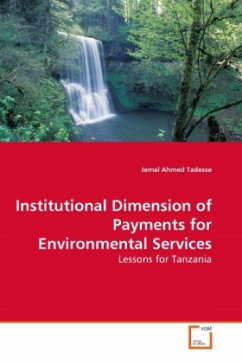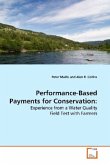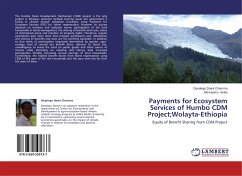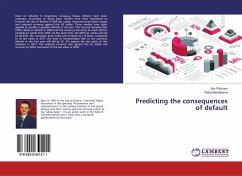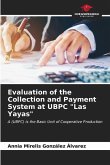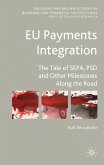Due to the degradation of ecosystem worldwide, the valuable environmental services they provide have also declined. One of the important reasons for this fact is that many of the environmental services provided by the forest are characterized by their public good nature like carbon sequestration or are associated with positive externalities like watershed services. As a result there has been a growing search for the solution among which Payment for Environmental Services is one. The central principle of the PES approach is that those who provide environmental services should be compensated for doing so and that those who receive the services should pay for their provision. Although there has been global experimentation with Payments for Watershed Service schemes for almost a decade, there has been no any real scheme in Africa. However, recently there are some initiatives in this continent too among which the Equitable Payment for Watershed of Tanzania is one. This work investigates what this scheme could learn from other projects with regard to roles of government sector, social capital, property rights, and transaction costs to the success of the schemes.

